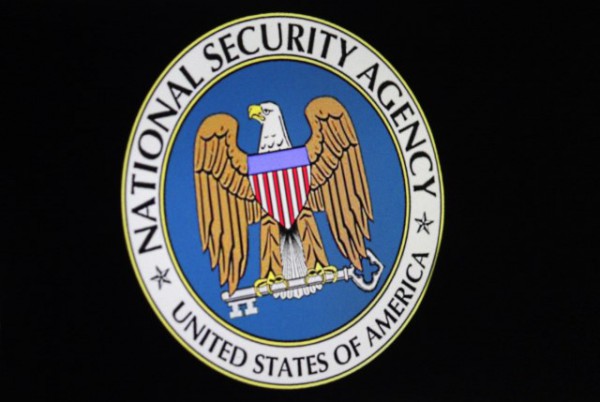
The NSA's bulk surveillance and collection of phone data has come to an end. President Obama announced that the current surveillance program would stop by 11:59 pm EST Saturday, but this does not mean that phone surveillance has completely disappeared.
Instead of wide scale dredging of data, the NSA will now engage in more targeted surveillance programs -- something that privacy advocates have been calling for for some time. The scaling back of surveillance has not come out of the blue; it's became of a legal requirement earlier in the year that has now been implemented two and half years after Edward Snowden blew the whistle on NSA spying.
Following the introduction of the USA Freedom Act, the NSA will no longer be able to indiscriminately collect metadata about phone calls in the hope of finding something suspicious, but will instead have to run targeted operations based on evidence. A court order is now required to force a telecom company to allow the monitoring of the call records of individuals or groups of people.
Initially set up in the wake of the 9/11 attacks, the NSA's surveillance program was pitched as the tool needed to track down those responsible. But privacy groups and opponents of the surveillance said it was far too intrusive and infringed upon the rights of millions of innocent people. Critics also point to a review that found that not one anti-terrorism breakthrough could be directly attributed to the surveillance program.
The White House says that data that has already been collected will be retained until 29 February for "data integrity purposes". After this date, the data will be deleted.
Photo credit: 360b / Shutterstock

